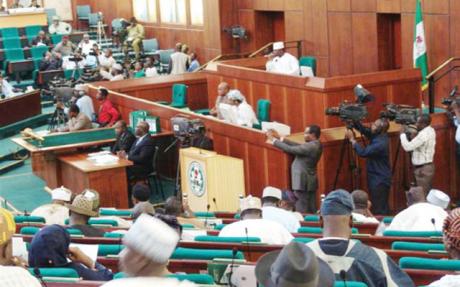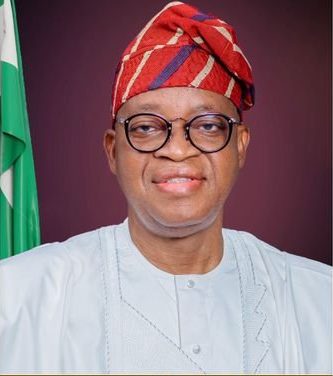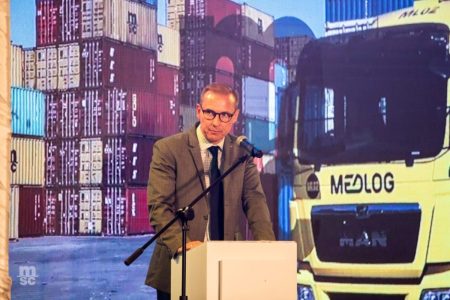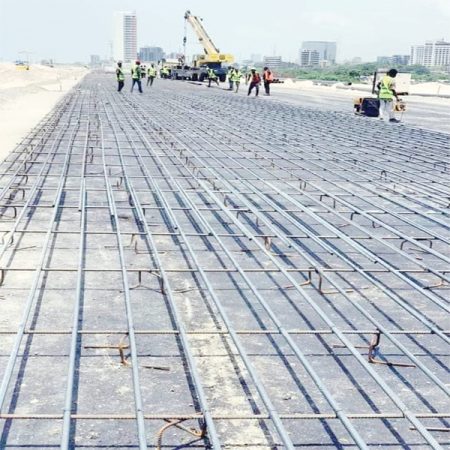
Vincent Toritseju
11 October 2017, Sweetcrude, Abuja — THE House of Representatives on Tuesday called on stakeholders in the Nigerian maritime industry to suggest creative funding structures for both the newly established Nigerian Maritime University in Okerenghigho in Delta State with as part of efforts to sustain the institution.
Speaking at the just concluded Public Hearing on a Bill For an Act To Establish The Nigeria Maritime University, Okerenghigho and other Related Matters (HB. 1032)” and a Bill for an Act to Establish the Maritime University, Oron Akwa Ibom State, Speaker of the House of Representative Rt Hon. Yakubu Dogara said that the Maritime Sector is key in achieving the Federal Government’s economic recovery and growth plan adding that the availability of requisite trained manpower in sufficient numbers is key to the growth and sustenance of Nigeria’s maritime sector.
He explained that the government initiatives in establishing the National Seafarers Development Programme, NSDP has resulted in the government spending huge sums of money in foreign currency, which is very scarce.
The Speaker disclosed that from the records of the Nigeria Maritime Administration and Safety Agency (NIMASA), Nigeria needs about 50,000 Seafarers for the Nigerian Shipping Industry to realize its full potentials noting that as at 2009, Nigeria had less than 3,000 Seafarers.
He said “The purpose of these two aforementioned Bills, therefore is to fill the gap in the manpower requirements of the maritime sector.
“The proposed Nigeria Maritime University to be located in Okerenghigho in Warri, is a brand new school which intends to provide maritime academic training, facilities and indeed infrastructure as required by the International Maritime Organization (IMOs) under STCW Conventions.
“For the Maritime University, Oron Akwa Ibom State, the Bill seeks to upgrade the existing Maritime Academy of Nigeria, (MAN) Oron to a degree awarding institution.
“This initiative will at the same time provide upgraded facilities and teaching aids as required by IMOs STCW Convention (The International Convention on Standards of Training, Certification and Watchkeeping for Seafarers) 1978 which sets qualification standards for Masters, Officers and Watch Personnel on seagoing merchant ships.
“The Convention was significantly amended in 1995 and 2010.
“The global maritime economy has become increasingly knowledge-driven, necessitating the production of local high level professionals to meet the challenges.
“Nigeria is a potential maritime power considering our access to limitless maritime resources and waterways, with about 850 km Coastline on the Atlantic Ocean that connects some of the World’s richest economies, and over 3000 km Inland navigable waterways.
“Yet there is no specialized university offering relevant courses at a university level in maritime studies and Engineering, even though Nigeria has about 130 Universities.
“The citing of these institutions will help governments efforts in providing infrastructure and meaningful employment to all Nigerians, help douse youth agitation in the Niger Delta, and create a pool of Nigerian experts in the various field in the maritime industry and will attract potential investors not only to the region but to the whole country.
“It is noteworthy that the two Bills are very critical when passed into law so as to give a legal framework for the commencement of the two Universities in the region.
“Stakeholders should help the National Assembly determine creative funding structures for these institutions and role and relationship between NIMASA and the proposed institutions, considering the fact that maritime education is one of the major and critical mandates of NIMASA.”



